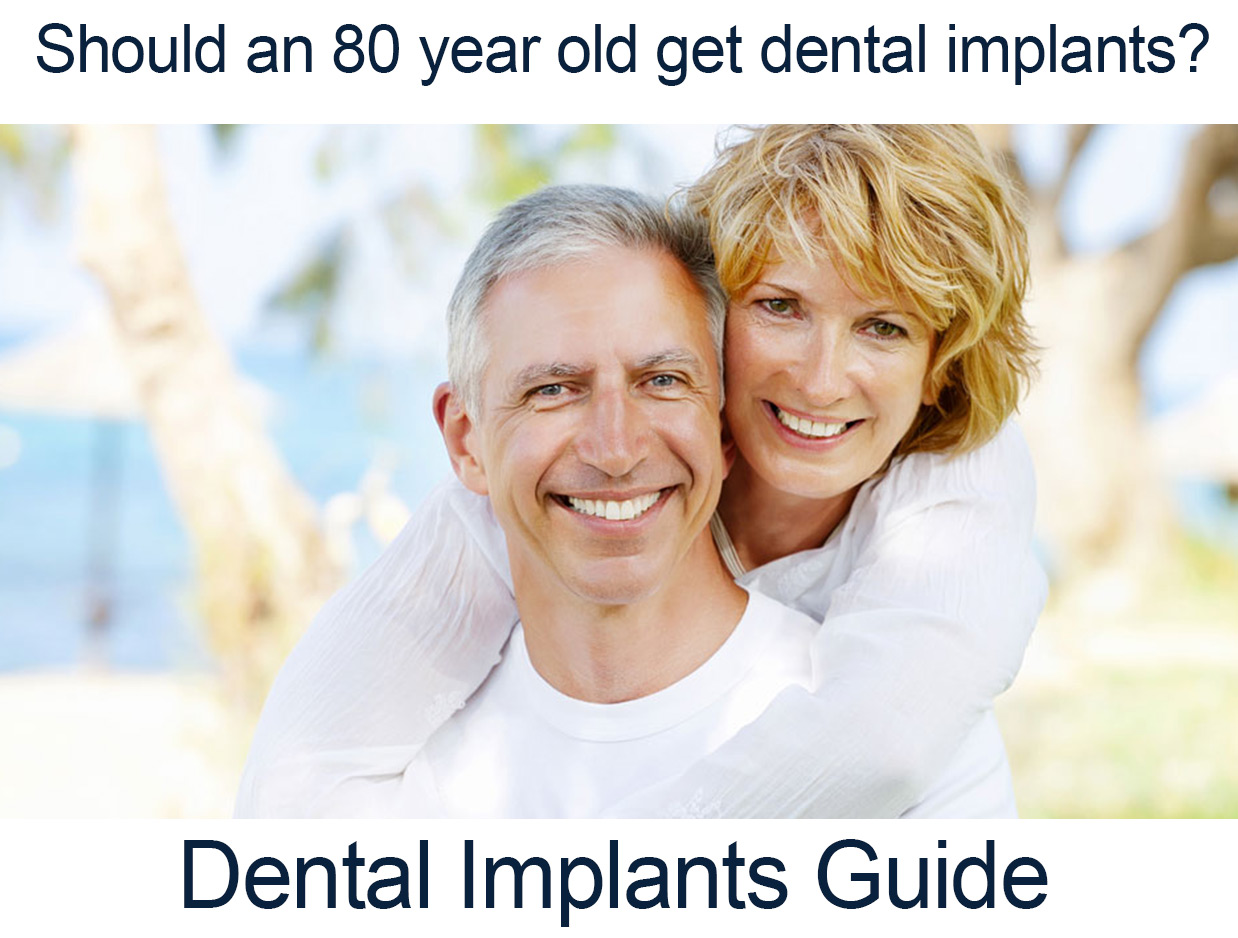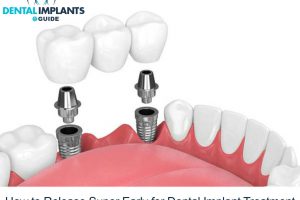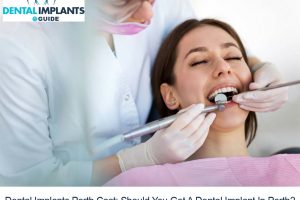Should an 80 year old get dental implants?
Should an 80 year old get dental implants?
If you are an 80-year-old with a healthy appetite, a few missing teeth and no family history of gum disease or periodontal disease, you may qualify for a government-run dental plan. It’s called Medicare and you don’t need to pay it out of your own pocket. It’s not a loan. You don’t have to sign over the deed to your home. In fact, you probably have enough free dental health insurance money to pay for it all.
High Quality Dental Implants Affordable Prices FREE Consultation

There are two options for those who would like to get this kind of dental coverage. You can get a private plan through your employer, if you are employed. This is by far the cheapest way for those without any dependents to get this kind of coverage. You also need to make sure that you cancel your private plan before you turn 80. Please visit affordable dental implants for seniors for more info.

You can also look into Medicare Part D if you qualify. The government plans to offer both prescription drug coverage and dental coverage, but they are not always comprehensive. You may not need all the bells and whistles that come with Medicare Part D. They cover some vision, hearing aids and some medical supplies, depending on what Medicare covers. So you might be on the right track to get dental implants, but it’s important to know exactly what you are getting. Otherwise, it could be a waste of money.
Who is not suitable for dental implants?
People who take such medications, such as hormones or immune-suppressing medicines, may also be unsuitable candidates. People who have such habits, such as grinding or clenching their teeth, may place too much pressure on their implants, causing long-term harm.
What are the negative effects of dental implants?
Risks
- Infection around the implant.
- Surrounding structures, such as other teeth or blood vessels, can be injured or damaged.
- Nerve damage in your normal teeth, gums, tongue, or chin will cause discomfort, numbness, or tingling.
- When dental implants in the upper jaw protrude into one of your sinus cavities, you can have sinus issues.
Are you eligible for Medicare Part D? If you are over the age of 65, then you definitely need to take a look at what’s out there for you. If you are in excellent health, then it’s possible that you already have Medicare Part D. If you don’t have it, you will need to get your teeth fixed, or plan to have them extracted. Then you’ll need to move forward on learning how to get dental implants.

(Discuss your dental situation with us)
What is the age limit for dental implants?
Dental implants will help elderly patients, whether they are 85 or 90 years old, and they will heal with the same predictability as younger patients. According to us, several patients, especially the elderly, should have dental implants rather than dentures.
You’ll need to get quotes from a few different places. You need to know what you’ll be paying, as well as how much insurance will cover. You can go online to compare prices and plans. You can also ask your current dentist for a quote as well. If you are still planning to use your current dentist for all of your work, then he or she might be able to refer you to a plan that she/he is familiar with.
Once you get quotes and information, then you need to know what the total cost will be. You do not want to sign up for anything just because you were charged a low price. You need to make sure that the insurance you choose covers the total. Many plans charge very little for the implants, but won’t pay anything for the regular cleanings. You need to ask what exactly is covered with each plan before you sign up.
Are dental implants safe for the elderly?
Older patients, whether 85 or 90 years old, will benefit from dental implants and recover with the same predictability as younger patients. Many patients, particularly the elderly, should have dental implants rather than dentures, according to us.
Should an 80-year-old get dental implants? You’ll likely have a few options if this is the route you choose. There may be insurance companies that offer payment plans that will work with your budget. You may also be able to get a discount through a program that some dentists participate in.
Regardless of the plan that you get, the important thing is to make sure that it covers the work you need. This way you can ensure that your dentist will be able to perform the procedures that are necessary for you. Dental insurance is important, but having good insurance does not mean you have to settle for cheap insurance. Do your research and speak to several different insurance companies before signing up for anything.
References:
Müller, F., Salem, K., Barbezat, C., Herrmann, F.R. and Schimmel, M. (2012), Knowledge and attitude of elderly persons towards dental implants. Gerodontology, 29: e914-e923. https://doi.org/10.1111/j.1741-2358.2011.00586.x
Nicola U. Zitzmann, Dario Arnold, Judith Ball, Daniel Brusco, Albino Triaca, Carlalberta Verna, Treatment strategies for infraoccluded dental implants, The Journal of Prosthetic Dentistry, Volume 113, Issue 3, 2015, Pages 169-174, ISSN 0022-3913, https://doi.org/10.1016/j.prosdent.2014.08.012.
Javed, F. and Romanos, G.E. (2009), Impact of Diabetes Mellitus and Glycemic Control on the Osseointegration of Dental Implants: A Systematic Literature Review. Journal of Periodontology, 80: 1719-1730. https://doi.org/10.1902/jop.2009.090283









